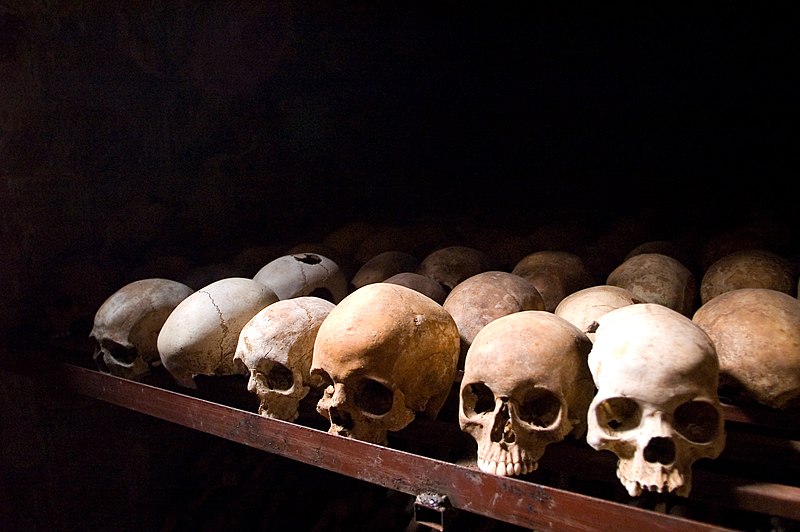The Rwanda Genocide and the Colonial Politics
Jun 05, 2023
This paper discusses the Rwandan Genocide in terms of colonial politics. The paper argues that the genocide was a result of the social and economic inequalities imposed on Rwanda during its colonization by European powers. It explores how these inequalities shaped the sociopolitical environment leading up to and during the genocide, which ultimately led to an increase in tension between different ethnic groups, fueling the violence and hatred seen throughout the conflict.
The Rwanda Genocide was a result of centuries of political and social oppression by European powers. During the 19th century, Germany and then Belgium annexed Rwanda in succession, exploiting its resources and enacting harsh colonial policies that sought to divide the population along ethnic lines. This resulted in major disparities between ethnic groups in terms of access to education, healthcare, employment opportunities, and other basic resources.
These divisions ultimately led to tension between the Hutu majority and Tutsi minority populations as they competed for resources within a limited economic framework. Political unrest quickly followed as each group vied for greater representation in government leadership roles. It is this sense of competition which many scholars argue provided the backdrop for what would become one of Africa's most brutal genocides.

The Rwandan Genocide of 1994 was an event that saw extreme levels of violence carried out against the Tutsi minority population. In a span of 100 days, nearly 800,000 people were killed in acts of genocide by Hutu extremists who sought to eradicate the Tutsi population from Rwanda. The atrocities committed during this time are nothing short of horrific and have left lasting psychological scars on many survivors.
Though decades have passed since the end of the conflict, Rwanda continues to experience its effects. Post-colonial policies have had an impact on contemporary society, creating a unique set of challenges as the nation seeks reconciliation between different ethnic populations. Social programs such as education initiatives play a major role in promoting peace and understanding between conflicting groups, emphasizing the importance of collaboration and cooperation over competition.
In conclusion, the Rwandan Genocide was a direct result of colonial policies that sought to divide Rwanda's diverse population along ethnic lines. Through exploring how this unequal distribution of resources and power created tension between different groups, it can be seen how oppression lead to extreme violence and hatred.
